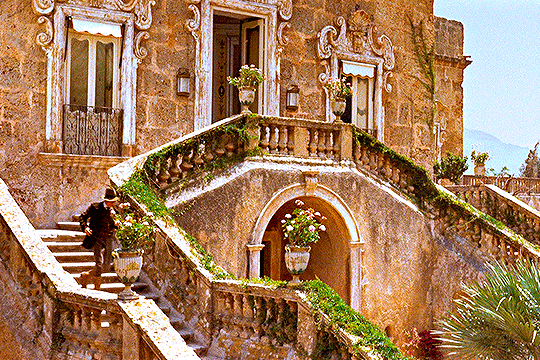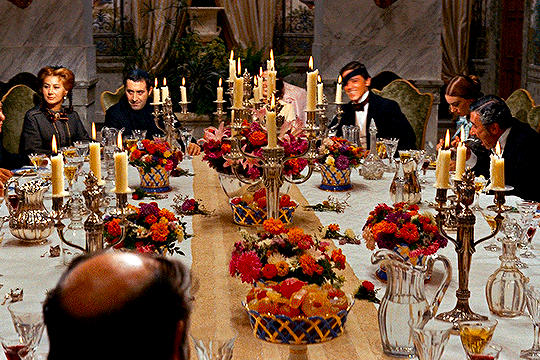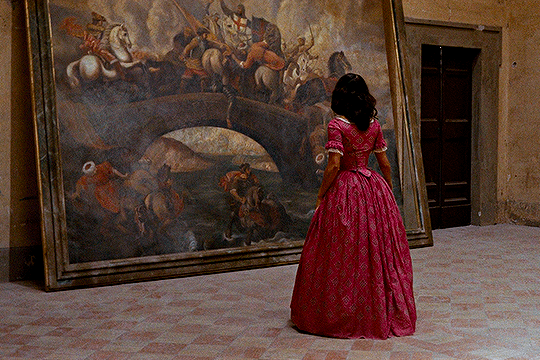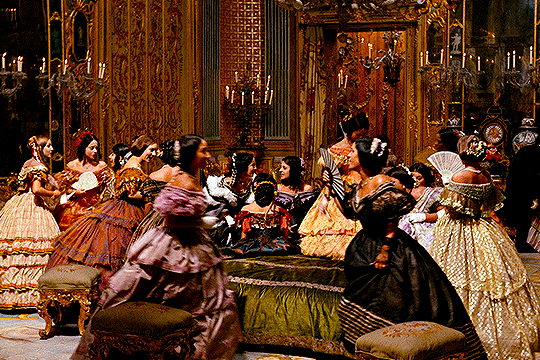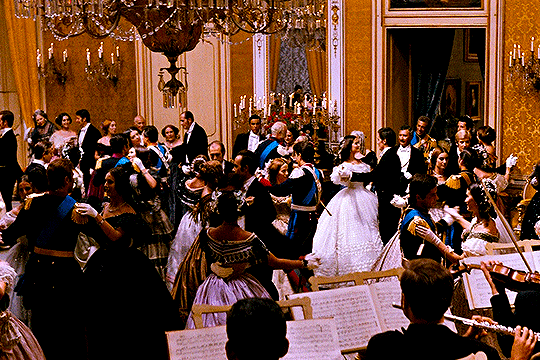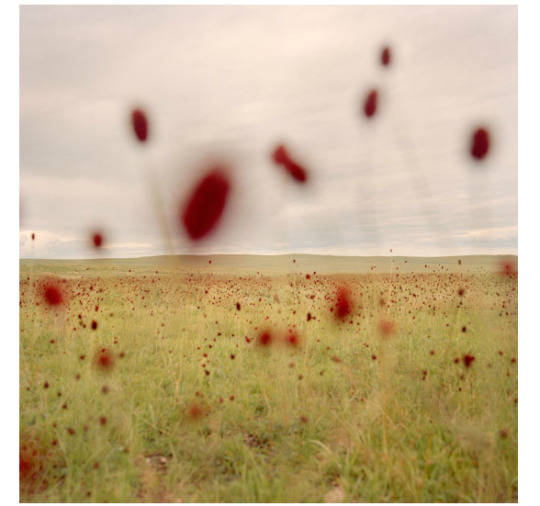Aromantic Bisexual || nb || Italian, Sicily || I like aesthetics but keeping one is too bothersome || love math. would love to understand it one day || header by @scottlava
Don't wanna be here? Send us removal request.
Text


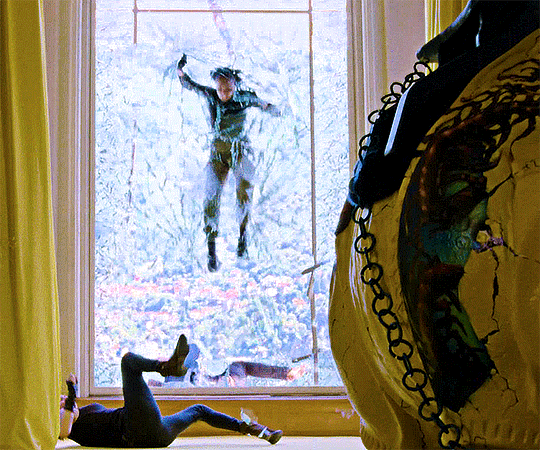




KIKI LAYNE as NILE FREEMAN The Old Guard 2 (2025) dir. Victoria Mahoney
808 notes
·
View notes
Text
i want to be wanted but not just physically or sexually, i want to be wanted because i'm ME, i want to be seen and known and understood, i want to be studied and have someone remember little things about me like my hobbies or my fave foods or drinks or how i like my coffee, i want to be chosen, i want commitment to knowing me, i want someone to care about me enough to remember me when im not there
2K notes
·
View notes
Text
i'm also looking forward to your girlfriend's bottom surgery
30K notes
·
View notes
Text





Riz Ahmed as Ruben Stone in Sound of Metal 02/??
250 notes
·
View notes
Text
"You could get up early and do it before work" I could also wait for a magic beanstalk to start growing in my living room LMAO. Let's focus on things that happen in the real world
39K notes
·
View notes
Text
drinking water when I have a headache should give instant relief. it should go away. what's even the point of drinking water if it can't do that
105K notes
·
View notes
Text
i think there's a neglected dimension in the historical analysis of women's attraction to castrati and it's like umm. that quote about trent reznor that was going around a while back. yes women wanted to fuck farinelli, obviously. i guarantee however that they just as strongly wanted to be farinelli. saw their own "emasculated" bodies in the castrato body and saw that this emasculated body could be a hero or lover, a person of action and agency and strength. and a person who, although male, was familiar with certain kinds of disrespect that most men are not: what it feels like to be told that your voice is so shrill and annoying that it would be better for everyone if you just didn't speak in public. what it feels like to be taught that, because of your reproductive anatomy, you are essentially a sort of near-human animal whose mental faculties are damaged by effeminacy, rendering you cowardly and lustful. what it's like to have people blurt out invasive commentary on your body and then laugh, feeling that they've reaffirmed their position in the gender hierarchy and soothed any momentary anxieties that your presence provoked.
in fandom i think there's something really similar going on with women feeling drawn to somewhat gender nonconforming men - real people or fictional characters - this sense that this guy has something in common with you, but that he is, because male, a better or easier or more dignified subject on which to project your own feelings. he's just like me fr, etc.
one of the weird things about castrati and their admirers is that this dynamic was often a two-way street. helen berry describes some of these relationships as "alliances", and i think that makes a lot of sense. there are obvious reasons for mutual sympathy. a lot of castrati had very close female friends, and a lot of recorded conversations they had with them have to do with, unsurprisingly, anger at being embarrassed or belittled. they were having, basically, vent sessions, and rules of heterosexual sociability meant that discretion was key, vulgarity was avoided, and macho posturing was not demanded the same way it might be in all-male company. at the same time, these rules precluded real intimacy. you had a performer-admirer relationship where two people were navigating gendered distress and grief over how society treated them, but who were barred by politeness from really speaking about it in explicit terms.
and even then sometimes people would come along and go, fuck. what the hell are you two up to. did you pass her a note? are you fucking perverts or something? does her dad know about this?
844 notes
·
View notes
Text




GOD. still the funniest transition in the show bar none
69K notes
·
View notes
Text
the reason you, a white american, believe that white americans don't have culture is the same reason fish don't believe in water
33K notes
·
View notes
Text
dude omg i did NOT “come back wrong” you just remember me as imperfect and now i’m a divinely elevated version of myself with no capacity for wrongdoing. i’m still me dude i’m literally the same basically *all electronics within three feet of me explode* sorry i mean i meant to do that
13K notes
·
View notes
Text
god the beginning of the waterloo digression goes so unbelievably hard, the way it starts off with him just walking through the countryside on a beautiful day & coming to a farm etc and then as it goes on & he comes across little things in the landscape -- a church, a well, an orchard -- it starts cutting back and forth between these violent bloody horrible moments in the battle and the peaceful countryside full of remnants & marks & ruins that he's walking through. and likewise these grand desperate moments in the battle that then cut back to the 'present' where there's nothing but a few damaged bits of architecture in the may sunshine to show for it. insane insane insane
542 notes
·
View notes
Text






RICHARD III 1955 | dir. Laurence Olivier
193 notes
·
View notes
Text

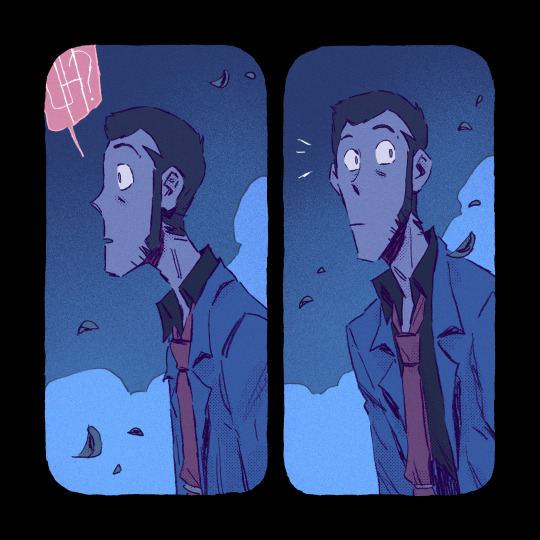









So ! Last year, the Lupin III brainworms hit me full force (thanks to @jeananasartblog 's DELICATE PUSH...), and I made a small zine after watching "Jigen's Gravestone" (20-30% of the movie is absolutely TERRIBLE - for those who've seen it, guess which part I'm talking about... - but the rest is pretty neat).
(I know I posted bits of it a while back, but here's the whole first half.)
PART 2/2
(also, if you'd fancy a physical copy, it's available there)
2K notes
·
View notes








